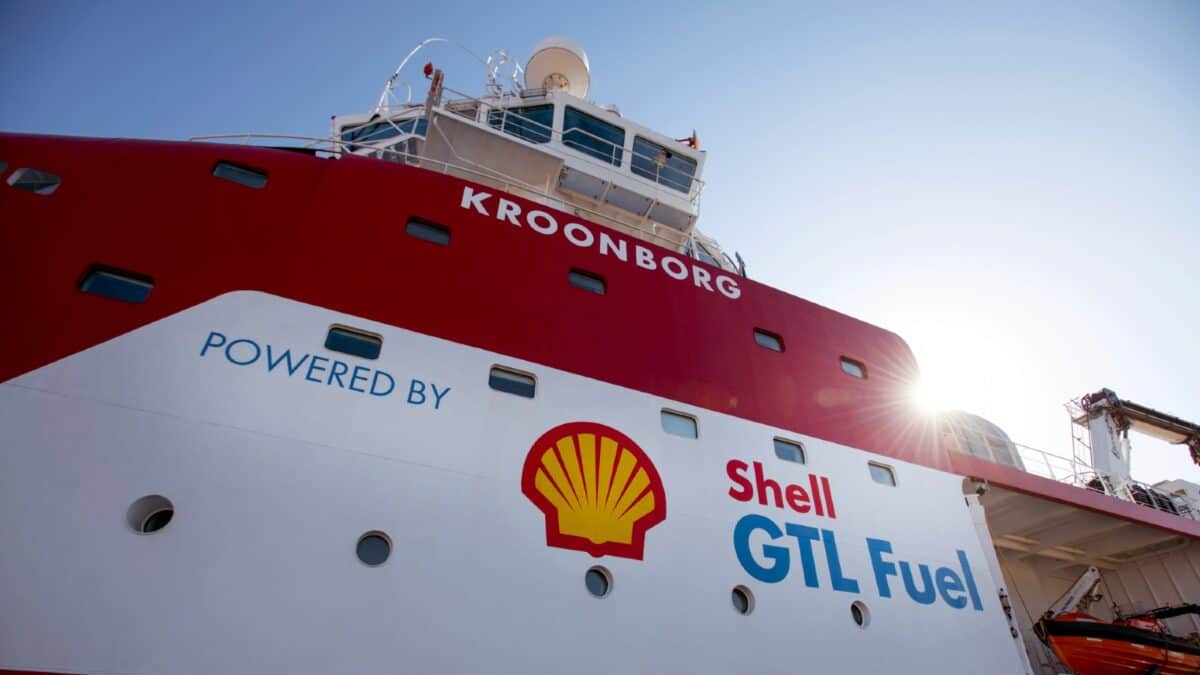Shell’s (LSE: SHEL) share price has dropped 9% from its 1 August 12-month traded high of £28.99. Despite market excitement about the rumour of a takeover of BP, the price has basically tracked the Brent oil benchmark.
For reference, Shell said on 26 June it hadn’t bid for its UK rival. It added that it is not actively considering such a move either.
UK regulations now prevent Shell from making a bid for BP in the next six months. If another bidder emerges for BP, or if BP invites an offer, the period could decrease.
Should you invest £1,000 in Shell right now?
When investing expert Mark Rogers has a stock tip, it can pay to listen. After all, the flagship Motley Fool Share Advisor newsletter he has run for nearly a decade has provided thousands of paying members with top stock recommendations from the UK and US markets. And right now, Mark thinks there are 6 standout stocks that investors should consider buying. Want to see if Shell made the list?
I have always regarded speculating on takeover rumours a mug’s game. In my experience as a former senior investment bank trader and long-time private investor, it is fundamentals that count. And the fundamentals in Shell’s case look very good to me.
Earnings growth prospects
It is earnings growth that ultimately powers any firm’s share price and dividends. For Shell, there is considerable room for improvement, as recent results have been underwhelming. And there is always the key risk that oil and gas prices will remain low for a sustained period.
Its 30 January 2024, results saw adjusted earnings fall 16% year on year to $23.72bn (£17.26bn). The firm attributed this to tighter liquefied natural gas trading margins, lower oil and gas prices, and weaker refining margins.
However, free cash flow over the period increased by 8% to $39.5bn. This can be a powerful driver for growth and is the key reason why the share price rose on results day, in my view.
Another was the announcement of a $3.5bn share buyback in Q1, which tend to be supportive of share price rises. It marks the 13th consecutive quarter of at least $3bn of such share repurchases.
In its Q1 2025 results, adjusted earnings spectacularly rebounded – by 52% from Q4, to $5.577bn. Income was up 415% over the same quarter, to $4.78bn.
This vast improvement reflected lower exploration write-offs, reduced operating expenses and higher oil products margins. Refineries produce these materials from crude oil, resulting in products like petrol and jet fuel.
Looking ahead, consensus analysts’ estimates are that Shell’s earnings will increase by 10.5% a year to end-2027.
Are the shares undervalued?
Shell’s 0.7 price-to-sales ratio is very undervalued to its peer group average of 2. This comprises Chevron at 1.3, ExxonMobil at 1.4, ConocoPhillips at 2, and Saudi Aramco at 3.3. It is also significantly undervalued on its 1.2 price-to-book ratio compared to the 2.3 average of its competitors.
A discounted cash flow analysis shows Shell is 61% undervalued at its present price of £26.34.
Therefore, their fair value is £67.54.
Will I buy the stock at this price?
I believe that the market has yet to factor in significant value into Shell’s stock, as its share price currently mainly reflects the oil price benchmark. This added value comes from its petrochemical products, trading operations, and green energy products, among others.
I see the deep discount to fair value in the shares as clear evidence of this omission. Over time, I think its strong earnings growth will prompt the share price to finally reflect that added value.
Consequently, I will buy more of the shares very soon.








